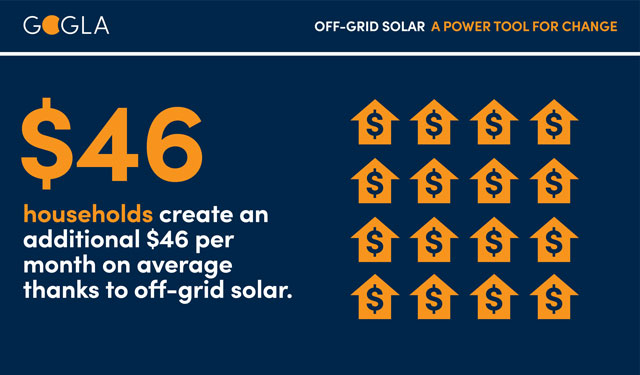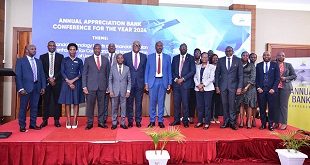
Implement a global smart subsidy scheme for off-grid clean energy to combat climate Change: A pointer for the Biden Administration
COMMENT | MORRISON RWAKAKAMBA | On day one of his administration, President Joseph R. Biden signed executive actions to tackle climate crisis at home and abroad. The most watched executive action was the return of United States to the Paris Agreement on Climate Change.
By appointing Secretary John Kelly as his Special Envoy on Climate Change, President Biden located climate change at the centre of US national security, clean energy future, economic recovery, jobs, restoration of scientific integrity, environmental justice; and an entry into renewing of global alliances battered under the ‘America First’ agenda of the Trump Administration.
According to a White House statement, President Biden’s order affirms that, in implementing – and building on – the Paris Agreement’s objectives, the United States will exercise its leadership to promote a significant increase in global ambition. It makes clear that both significant short-term global emission reductions and net zero global emissions by mid-century – or before – are required to avoid setting the world on a dangerous, potentially catastrophic, climate trajectory.

To succeed on this ambitious agenda, President Biden will require to cast:
(a) a broader green net that brings together big and small actors, a network of change in the global private sector, civic society, universities, indigenous communities, farmers and governments.
(b) Curate an adaptive approach that creates a livelihoods balance for millions in Africa, the Caribbean and Asia whose energy security is mostly dependent on extractive resources – and a market approach that accentuates innovations and make renewable energy interventions and products affordable and self effecting for millions of poor people across the world.
This is why a deliberate transition to smart subsidy for off grid clean energy is urgent. This transition will lower last mile energy price points and expand affordability and energy coverage for the millions and set the world on path of accelerated zero global emissions trajectory — and United States leadership is very critical here.
Off-grid clean energy transition begins with affordability – Smart Subsidy
World poverty is de-accelerating, but at a slow pace. Data scientists at World Data Lab estimated that on New Year’s Day 2019, just under 600 million people across the world (excluding Syria) lived in extreme poverty. By 2030, this figure is expected to fall to some 436 million.
However, on October 7, 2020, The World Bank stated that the COVID-19 pandemic is estimated to push an additional 88 million to 115 million people into extreme poverty in 2020, with the total rising to as many as 150 million by 2021, depending on the severity of the economic contraction.
 The Independent Uganda: You get the Truth we Pay the Price
The Independent Uganda: You get the Truth we Pay the Price


